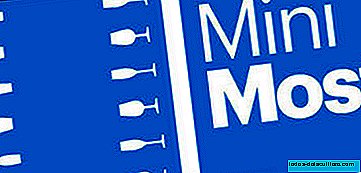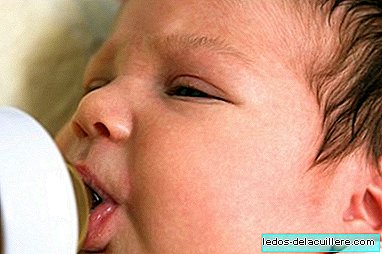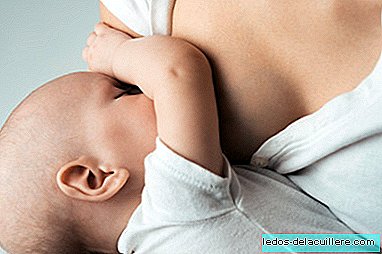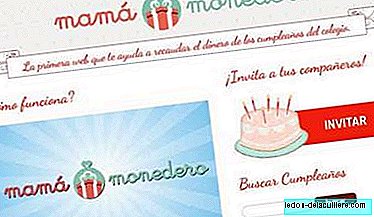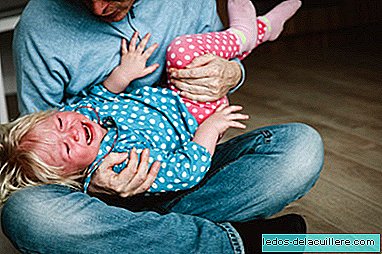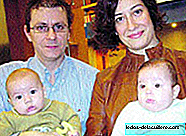
Today March 3 marks the International Day of Otological Attention, in order to promote actions on ear care and thus reduce hearing impairments. This date (3 of 3) was chosen because the numbers symbolically represent the two ears.
360 million people worldwide suffer from disabling hearing loss, of which 32 million are children. Deafness can be due to various causes, some of which are preventable. Specific, 60% of cases of hearing loss in children are due to preventable causes. Therefore, we must pay attention to them so as not to let suspicions pass in the case of our children and to act properly during their childhood, taking care of their hearing health.
Hearing loss may be due to genetic causes, complications in childbirth, some infectious diseases, chronic ear infections, the use of certain drugs, exposure to excessive noise and aging. Some causes cannot be prevented, but for others it is easy to put preventive measures.
This year, with the motto "Act against hearing loss: a good investment"WHO wants to show that untreated hearing loss has a high economic cost worldwide, so the measures taken to prevent and treat it are a good investment, and not only in health.
Prevent hearing loss

The World Health Organization notes that primary prevention can prevent half of cases of hearing loss. Some simple prevention strategies its about:
Vaccinate children against childhood diseases, particularly measles, meningitis, rubella and mumps.
Administer the rubella vaccine to adolescent girls and women of childbearing age, before they become pregnant.
Perform tests to detect and treat syphilis and other infections in pregnant women.
Improve prenatal and perinatal care, in particular by promoting safe deliveries.
Follow correct otological care practices. Early detection and intervention are essential to minimize the consequences of hearing loss, on the child's development and school performance. Neonatal hearing screening programs should be promoted.
In children, perform screening tests for otitis media and carry out the medical or surgical interventions that are appropriate.
Avoid using some medications that may be harmful to the hearing, unless prescribed and supervised by a doctor.
Refer to the relevant service babies who have high risks (for example, those who have a family history of deafness, those who were born underweight or have suffered asphyxiation of childbirth, jaundice or meningitis) in order to submit them for evaluation and diagnosis early and provide appropriate treatment, as appropriate.
Reduce exposure to loud noises (both at work and recreational activities) by raising public awareness of the risks they carry; enact and apply appropriate legislation; and encourage the use of personal protective devices such as earplugs and hearing aids and headphones that dampen ambient noise.
If you have a child with hearing problems, you will probably know the project My deaf son, who was born to support families in a complicated and disconcerting situation. The CNSE Foundation for the Suppression of Communication Barriers, together with the Social Action Institute of the Mapfre Foundation, created the website "My deaf child" and the associated help materials. We wanted to close these lines on the International Day of Otological Attention mentioning this space that we have found a good tool for parents.
Photos | iStock
Via | WHO
In Babies and more | Does my son hear well? Ten signs of possible hearing loss, Types of hearing problems


